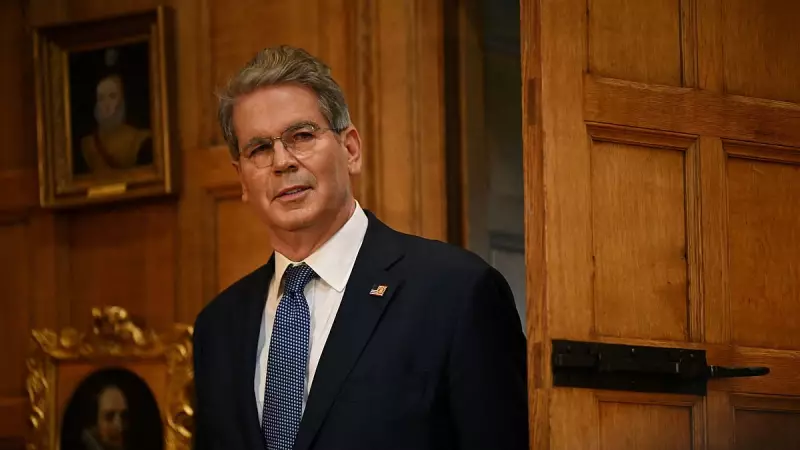
In a significant development that could reshape global economic dynamics, prominent US investor and government adviser Paul Bessent has called for the International Monetary Fund and World Bank to adopt a more assertive approach toward China.
The former chief investment officer of George Soros's hedge fund, who now serves on the US State Department's International Security Advisory Board, argues that these powerful financial institutions have been too lenient with Beijing regarding its economic practices and international lending activities.
The Core Concerns
Bessent's critique centers on several key issues that have raised eyebrows in international financial circles:
- Debt Diplomacy: China's extensive lending to developing countries through its Belt and Road Initiative has created what many analysts call "debt traps"
- Lack of Transparency: Beijing's economic data and lending terms often lack the transparency required by international standards
- Unfair Economic Practices: Concerns about market manipulation and unfair trade advantages
Global Implications
This call for a tougher stance comes at a critical juncture in global economics. Many developing nations are struggling with debt burdens exacerbated by the pandemic, and China's role as a major creditor has given it significant geopolitical influence.
Bessent's position reflects growing concerns in Western capitals about China's expanding economic footprint across Asia, Africa, and Latin America. The debate highlights the tension between China's development-focused approach and Western demands for greater accountability and transparency.
What This Means for International Finance
The pressure on IMF and World Bank to recalibrate their China strategy represents a potential turning point in global economic governance. Financial experts are watching closely to see how these institutions will balance their mandate to support global development with the need to maintain fair economic practices worldwide.
As the situation develops, the response from both China and the international financial institutions will likely have far-reaching consequences for emerging markets and the broader global economy.





